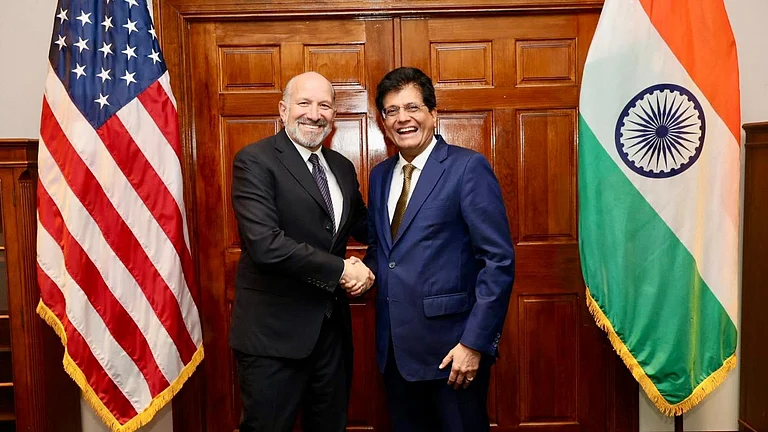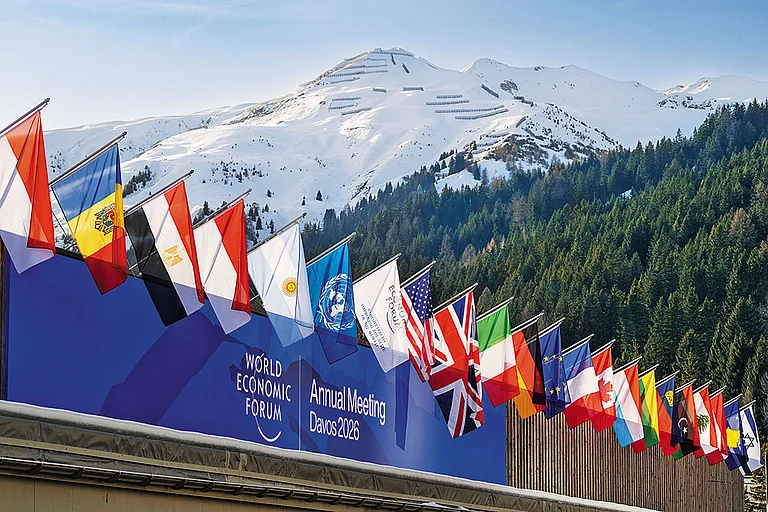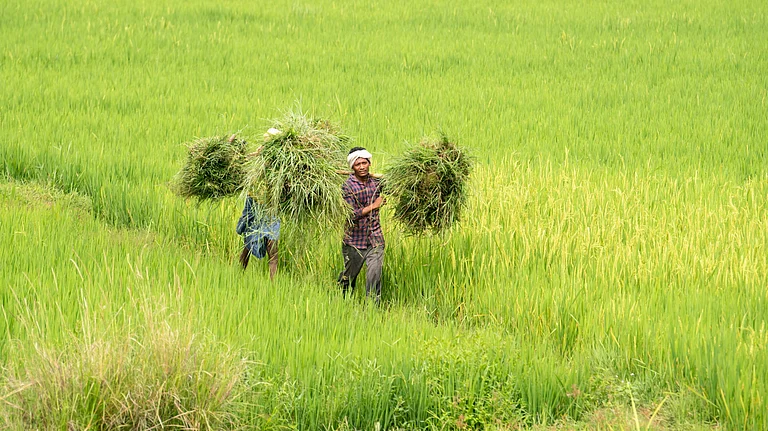The World Trade Organisation (WTO) should look at the issue of farm subsidies with an open mind as it impacts the food security needs of emerging economies in the backdrop of Covid pandemic and the Russia-Ukraine war, finance minister Nirmala Sitharaman said on Wednesday.
Speaking at the Asian Development Bank (ADB) Governor's seminar on 'Policies to support Asia's rebound', Sitharaman said sooner a solution is found out by the WTO, the better it would be for the world.
"Since WTO was founded, there has been a grievance with respect to the export of agricultural products and generally in trade, the voice of the Global South and emerging markets has not been heard at par with that of the developed countries," she said.
The 'Global South' largely refers to countries in Asia, Africa and South America.
Subsidies for agriculture and poor farmers in developing countries were not counted at all and were frozen, she said, adding that in context of Covid and Russia-Ukraine war, food and fertilizer security have become important.
"We will all have to talk again (about food and fertiliser security) at the WTO with an open mind," the minister said.
"There is better food security in the developed world compared to developing countries. Trade agreements have come about in a lopsided way, for which solutions have to be found," Sitharaman said.
Under global trade norms, a WTO member country's food subsidy bill should not breach the limit of 10 per cent of the value of production based on the reference price of 1986-88.
As part of permanent solution, India has asked for measures like amendments in the formula to calculate the food subsidy cap and inclusion of programmes implemented after 2013 under the ambit of 'Peace Clause'.
As an interim measure, the WTO members at the Bali ministerial meeting in December 2013 had agreed to put in place a mechanism popularly called 'Peace Clause' and committed to negotiating an agreement for a permanent solution.
Under Peace Clause, WTO members agreed to refrain from challenging any breach in prescribed ceiling by a developing nation at the dispute settlement forum of the WTO.
This clause will stay till a permanent solution is found to the food stockpiling issue.


























.jpg?w=200&auto=format%2Ccompress&fit=max)




